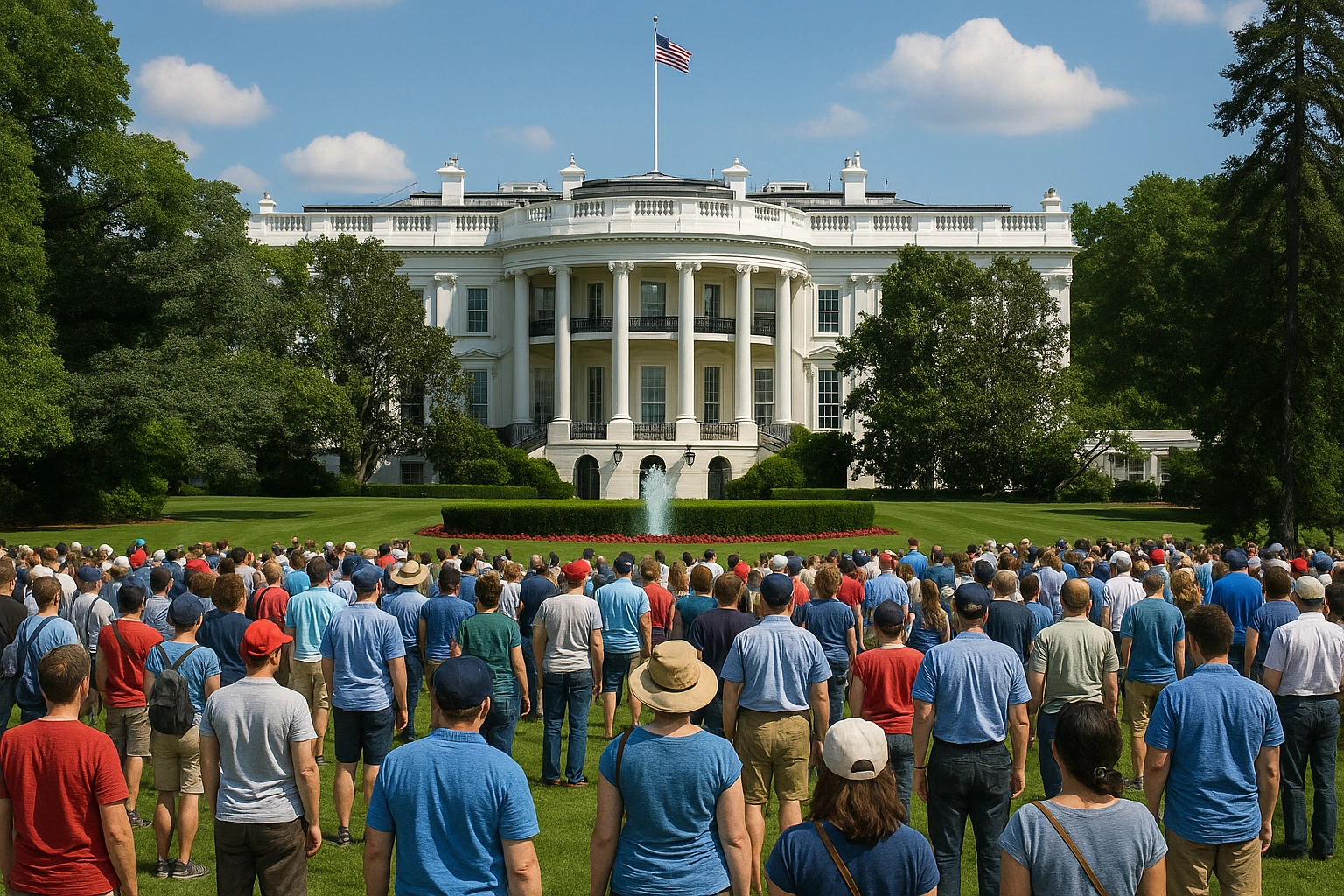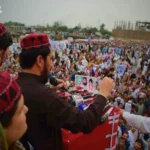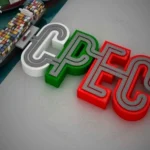The Ill-Conceived Politics of PTI
The play at hand is about politics of PTI at the White House protest being more of a misconstrued optics rather than legal realities.
Pakistan Tehreek-e-Insaf (PTI) member supporters are scheduled to hold a demonstration at White House in Washington, D.C., on August 5 to demand the release of former Prime Minister Imran Khan. The demonstration, organized by the overseas units of the PTI, alleges to cajole the world powers especially the United States to act on what the members term politically instigated crackdown on their leader. Such protests can indeed bring to light instant exposure, but they leave high queries on issues of strategic planning, jurisdiction as well as the very cornerstones of law and sovereignty.
The Protest Plan: Ritual Instead of Reality
The pro-PTI protest is backed by the current situation of impending legal battles against Imran Khan who is facing several high-profile cases in Pakistan related to corruption, contempt of court, and the offense of incitement. Supporters of the PTI in the U.S are hoping that a protest at such a high-profile venue, close to the seat of power will help them capture the attention of the world so that they can have an international clamor to address what they term as a miscarriage of justice.
But the mere action of protesting in front of the White House as emotionally potent-laden does not result in any practical fruits to the judiciary in Pakistan. The demonstration may have certain media attention, but it is still just a kind of political show devoid of the realities of the legal proceedings that have been conducted in the courts of Islamabad.
Legal Realities: It is Courts and Not Crowds That Determine Justice
The key shortcoming of PTI is the wrong idea that it can still override or execute the decisions of the courts of Pakistan through the demonstration, which takes place in any foreign land. Although it is one world power, the United States government has no authority in controlling the legal system of Pakistan. The verdicts by the Pakistani judges cannot be dictated, reversed or even influenced by the American lawmakers or the White House.
Besides, this strategy is used as an extension of another problem: the unwillingness of the political leaders to confront the rule of law in their own countries. Instead of going through the legal system, PTI seems to resort to international pressure push, social media outrage, and symbolic protests: none of them dealing the content of the charges that Imran Khan faces.
The Rule of Law Must Succeed
The reign of the law in democracy should be observed even when it is politically out-of-convenience. In case PTI is convinced of the innocence of Imran Khan, they should concentrate on presenting evidence, attorneys and complying with the justice system of Pakistan.
An attempt to appraise the legal process as something predisposed out of the blue to be compromised or unacceptable without being put into action is a precedent hazardous to practice. It kills the confidence expressed on the courts and helps in making politics too polarized. What is more, it is a distraction to really do the job of clearing the name by defending it in a court of law.
Vacant Commands, Vacant Protests
PTI protest at the White House may serve to mobilize the global community but in vain; nothing comes up either politically or legally meaningful. These protests are not change agents but rather they are good lifters of the morale of the party faithfuls. In actual sense, adopting this form of working may work against the party because it plunges it deeper into alienation to the major decision-makers in Pakistan.
Demonstrations that will not demand the services of a person to be affected are not going to change decisions made in courts. Case law is decided on the basis of facts, law and the reason of the court and not on banners and slogans shouted at a distance thousands of miles away in the court.
Political Theater Against
PTI is being encouraged to do positive work in the country, unless it is political drama in the foreign land. It means coalition forming, lobbying, advocating openness of justice using the parliamentary system and most importantly adhering to the freedom of the courts.
Foreign demonstrations would never be a substitute to domestic politics. They, themselves, to the extent that they give a sign at all, can be only a sign of weakness of failure on the part of the party to secure redress, lawfully, within its own institutions.
International Norms and Respecting the Sovereignty
Besides it renders inefficient, it will be contrary to the concept of national sovereignty and international relations to seek the intervention of a foreign government to intervene in the area governed by a domestic law. The same way, as it may not be received overboard by the Pakistan president to have Americans interfere with its judiciary, so it does not tolerate them to do the same in every affair of the country.
The doctrine is plain, the matters that properly come before the courts must be resolved through the medium of law, and in the context of that very fundamental constitutional instrument of the country. It is a bad precedent that should not be followed, and it comes back to haunt any political party when its time comes later.
A Way Ought Home
The move by PTI protesting outside the White House will not solve the problem but is distractive. This will reverse some parts of its diaspora constituency, but it will do nothing to help tend to the legal matters concerning Imran Khan in Pakistan that are serious needs. In case PTI would like to have a future of its leader and of its movement, the solution is not in capitals abroad, but in courtrooms in Islamabad.
The only possible ways are respect to the rule of law, interest in contacting the institution of the law, and an emphasis on democratic accountability. Demonstrations in foreign countries can be on the cover of newspaper but cannot reverse death sentences or bring justice.








